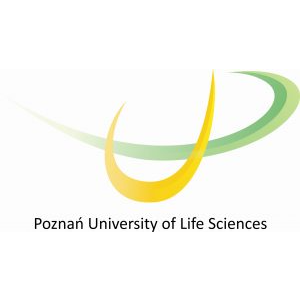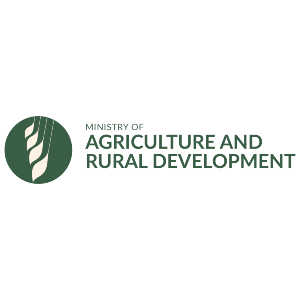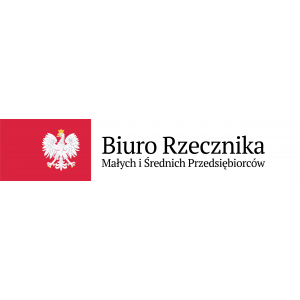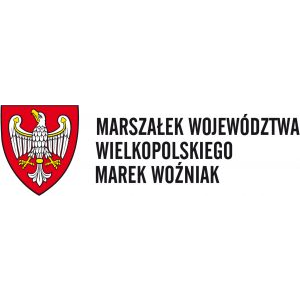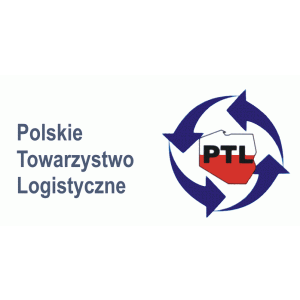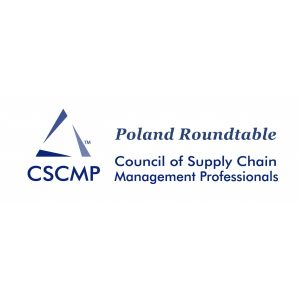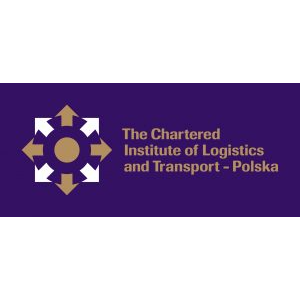Theme and background
Entrepreneurship, Innovations and Technologies for Sustainable Development of Agri-Food Supply Chains under conditions of uncertainty
The United Nations’ Sustainable Development Goals (SDGs) are today the most crucial signpost of sustainable development for all economic, social and environmental operators. They also provide vital guidelines for the development of logistics in the agri-food market, which is an essential aggregate of the economies of almost all countries. Their implementation is particularly relevant to the functioning of sustainable food supply chains.
Today, the most critical objectives
referred to by the activities of food
supply chains is SDG 9 in linkage with SDG 17. The first one concerns building resilient infrastructure, promoting sustainable industrialisation and supporting innovation while the second challenges partnerships to achieve
the goals. The primary task of supply chains in this context remains integration and cooperation, based on which innovations generate in collaboration with both suppliers and other stake holders in the supply chain. It leads to open innovation, builds sustainable development targets and strenghtens
infrastructure for necessary activities within the food supply chain. It is essential to innovate and support the partners by transferring knowledge,
technologies and integrate their needs and aspirations into strategies implemented within the most efficient and effective global supply chains.
To make the 2030 Agenda a reality, broad ownership of the SDGs must translate into a strong commitment by all stakeholders to implement the global goals. The Forum aims to help facilitate this engagement by opening scientific discussion on the ways to align food supply chains practices with UN SDGs, in particular, SDG 9 in linkage with SDG 17. They embrace ISO 14001 environmental management
system, strategic supply chain collaboration, supply chain integration system, supplier sustainability assessment and corporate social responsibility (CSR).
Sustainable food supply chains are a guarantee of ensuring countries’ food security in terms of quantity and quality while reducing the negative impacts on the environment. The task is not an easy one. The dynamic changes in eco-systems like technological development (e.g. digitisation processes), internationalisation and globalisation of supply chains, social changes (which generate pressure for the greening of logistical operations, especially material recycling and reduction of waste) makes it even more difficult.
The conditions of uncertainty caused by the COVID-19 pandemic, even more, highlighted all the previous challenges. Its occurrence contributes to changes in the existing logistical paradigms. The changes that are taking place in global supply chains (seeking solutions for, among other things, supply disruptions, new ways and techniques of monitoring and controlling them, etc.) have provoked heated discussion both among practitioners and scientists. They jointly undertake to work out solutions that would make it possible to anticipate such situations in the future, or at least partly counteract them, or mitigate their effects.
Main Topics:
Sustainable food supply chains
Goals and principles of functioning; Methods of measuring and assessing the sustainability of logistics in the AFSCs; CO2 and other harmful substances emissions in the AFSCs - possibilities of reduction; Development of the CSR and LSR concepts for the AFSCs, E-commerce development and sustainable AFSCs
Application of new techniques and IT in supply food chain
Traceability in agri-food supply chains; Intelligent packaging; Ways of storage and loss of product quality; Development of systems and quality standards in agri-food logistics; Development of information systems supporting management and security in the AFSCs; Digitization and digital security of logistics processes; Robotization of logistics processes;
Food losses and waste in the agribusiness sector
Identification and measurement of food losses in the entire AFSC (from field to fork); Food losses and waste (regional and global perspective); Product life cycle analysis and reducing losses and wastage, Smart Supply as a tool for improving producer-supplier cooperation;
Agri-food clusters and their linkage with the development of innovation and sustainability principles
The agribusiness logistics sector as an opportunity to ensure security in AFSCs; Clusters, the essence and the opportunity to reduce risk in food supply chains; Network Centric; On-line sales; Experience of clusters creating in agribusiness;
Legal determinants of the functioning of food supply chains
Functioning of AFSCs in crisis situations (e.g. as Covid 19) and many others; Risk management in the AFSCs - regional and global approach; Legal aspects of the functioning of AFSCs; Other issues related to the functioning of the AFSCs; The European Green Deal;
Corporate Social Responsibility in the agri-food system
The role of scientific, research and educational Knowledge transfer and activities for the sustainable development of agribusiness; The role of research and educational institutions in promoting knowledge about social responsibility and sustainable development; Reporting Social Responsibility in the agribusiness;
Poster Session
This year, we would like to promote young scientists participation. The poster session is mainly devoted to presentations of Bachelor, MSc and PhD students.
Conference Proceeding
- Two books are planned to be published within the Conference, i.e. Contemporary challenges of sustainable food supply chains and Legal aspects of sustainable development of food supply chains. If you are interested in preparing a chapter, please contact the Organising Committee.
- Submitted abstracts of speeches in English will be published in the conference materials after positive approval.
- --

